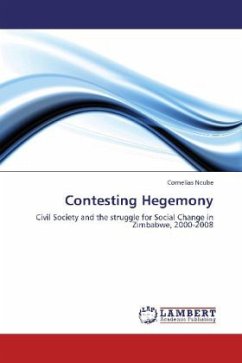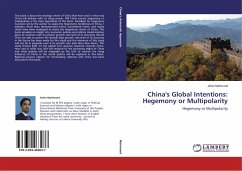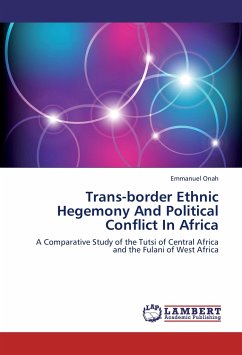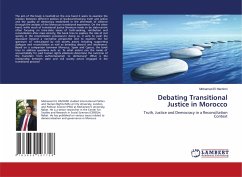Targeting academics, civil society, policy makers and students, this book employs Gramsci s language of hegemony in order to explore the role of civil society in the struggle for social change in post-2000 Zimbabwe. It critiques reductionist approaches in the study of changing state-society relations in post-2000 Zimbabwe that identifies civil society exclusively with opposition politics and excludes organisations aligned to the ruling party, and therefore resulting in functionalist discussions that view civil society as necessarily anti-state. It demonstrates that a dense hegemonic civil society exists and is organically aligned to ZANU-PF in its advocacy for a social change based on transforming the terrain of the relations of social forces of production, albeit implementing this vision through coercive violence, persuasive but exclusionary nationalist politics. Confronting it, is a counter-hegemonic civil society aligned to the MDC, which deploys the discourses of constitutionalism and human rights to resist state hegemony and to unravel ZANU-PF s violent nationalist project, but in ways devoid of a serious critique of the structural inequalities of a post-independent Zimbabwe.







